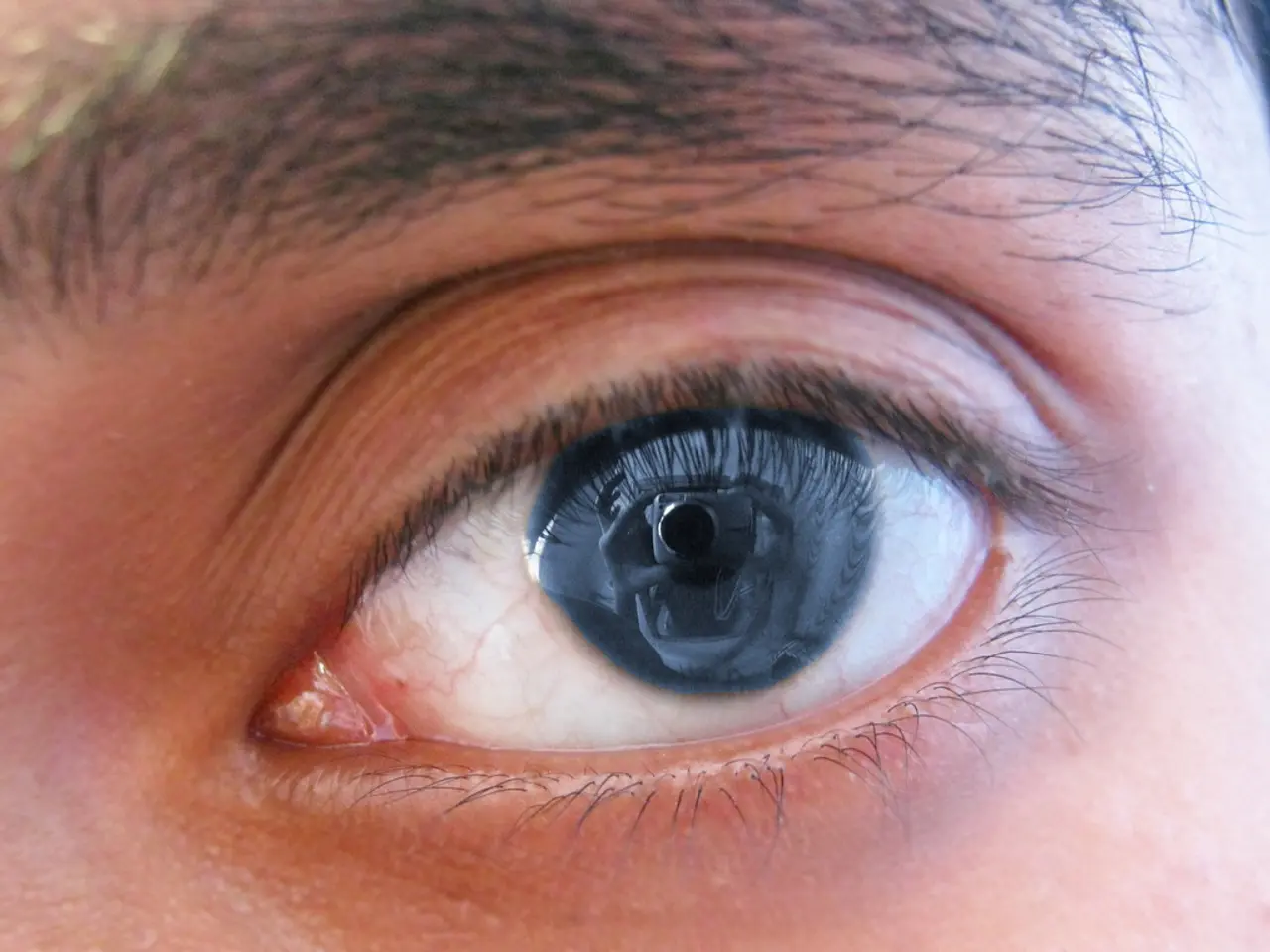Various Eye Specialists: Their Roles, Specialized Fields, and Additional Information
In the world of eye care, a diverse array of specialists work together to diagnose, treat, and manage a wide range of eye conditions. From ophthalmologists to opticians, each professional plays a unique role in ensuring the best possible care for patients.
At the forefront of eye care are ophthalmologists, medical doctors who specialise in eye and vision care. They have at least eight years of medical training, including four years in medical school and four years of residency training. Ophthalmologists can diagnose and treat eye conditions, perform surgeries, conduct scientific research, and offer refractive services like prescribing and fitting eyeglasses and contact lenses.
Optometrists, who attend optometry school for four years to obtain a doctorate, provide primary eye care. They conduct eye exams, vision tests, prescribe corrective lenses, detect certain eye irregularities, prescribe medication for certain eye conditions, and provide visual rehabilitation. However, they are not surgical specialists. In some states, optometrists can perform minor surgeries such as laser eye surgery and foreign body removal.
Opticians, on the other hand, are trained allied health professionals who work in a retail setting or an optometrist's office. They design and fit visual aids like eyeglass lenses, frames, contact lenses, and other devices to correct a person's eyesight. Opticians do not diagnose eyesight problems or treat eye conditions.
Specialised roles within ophthalmology include oculoplastic surgeons, retina specialists, corneal specialists, pediatric ophthalmologists, and glaucoma specialists. Each of these specialists focuses on a specific area of medical or surgical eye care, often requiring further education and training. For example, corneal specialists may perform surgeries such as refractive surgery and corneal transplantation, and can identify causative bacterial, viral, and parasitic pathogens that cause corneal ulcers and scarring.
Nurses, medical assistants, and technicians also play crucial roles in ophthalmology. Nurses prepare patients for outpatient visits, apply eye drops, educate patients on eye illnesses and chronic conditions, and provide guidance on discharge, post-surgery care, medication regimens, and appointment follow-ups. In the operating theatre, they position patients safely for surgery, verify surgical sites, assist with instrumentation, provide post-operative care, and assess patient readiness for surgery and discharge planning.
Ophthalmic medical assistants screen walk-in and emergency patients, triage phone calls, collect medical and personal data for charts, and direct patient flow during physician exams. They perform preliminary screening exams including visual field tests, ocular motility, color vision, pupil testing, tonometry tests, and slit lamp examinations to identify abnormalities for physician review. They also arrange laboratory tests, ophthalmic photography, inpatient and outpatient studies, and coordinate patient admissions and surgeries as requested by the physician.
Ophthalmic technicians perform various vision tests, collect medical data, and monitor and maintain patient flow during visits. They assist by documenting patient encounters (scribing) and providing patient education, supporting physicians during exams and treatments. They also help with equipment use and maintenance, contributing to efficient clinic operations and patient care.
In summary, the roles of specialists in ophthalmology are diverse and interconnected. Each professional contributes unique skills and knowledge to ensure comprehensive eye care for patients. From the ophthalmologist who performs surgeries and diagnoses conditions, to the optician who fits corrective lenses, each plays a vital role in maintaining and improving vision health.
- The predictive science of medical-conditions has found correlations between eye-health and a range of other health-and-wellness issues, such as diabetes, cancer, Alzheimers, depression, and eczema.
- Opticians, while not involved in diagnosis or treatment, play a crucial role in managing eye conditions by fitting patients with glasses or contact lenses, which can alleviate symptoms related to disorders like diabetes and depression.
- Ophthalmologists can also offer treatment for conditions that have systemic implications, like diabetes, by adjusting or prescribing specialized eyewear, or by managing symptoms through medication or surgery.
- In some cases, managing eye conditions can be an indicator of underlying health issues, such as cancer or Alzheimers, which might require further investigation and treatment by other medical specialists.
- Optometrists, in addition to their primary eye care duties, may find signs of conditions like diabetes or depression during regular eye exams, leading to early detection and appropriate predictive care.
- Aq, a patient with diabetes and depression, for instance, would benefit from the diverse expertise of specialists working in the field of eye care, ensuring the best possible management of their eye conditions and overall well-being.
- By fostering collaboration and continuous learning amongst these specialists, the field of ophthalmology can continue to advance, predictively addressing challenges that come with managing complex medical-conditions and contributing to the widespread promotion of health-and-wellness.




